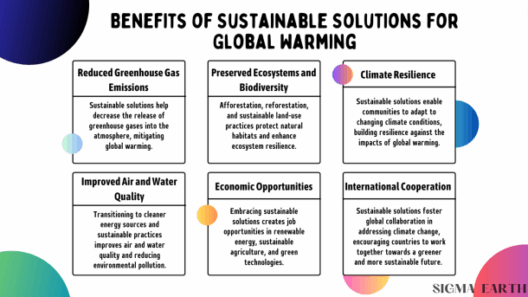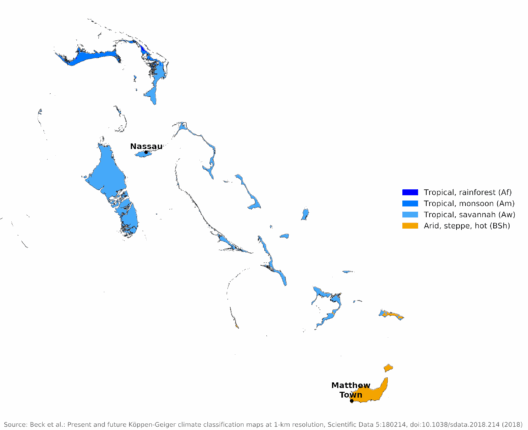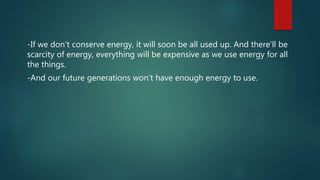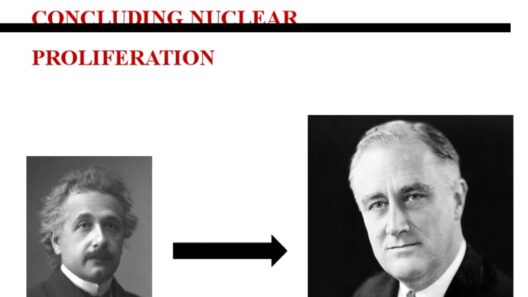Conserving energy is not merely an act of resource management; it is a profound commitment to our planet’s future. The correlation between energy conservation and environmental preservation is intricate yet crucial. Small actions can lead to remarkable transformations, generating a ripple effect that reverberates through ecosystems and communities alike.
To fully appreciate the value of conserving energy, we must first understand the consequences of its excessive use. The extraction and consumption of fossil fuels—our primary energy sources—result in substantial greenhouse gas emissions. These emissions contribute to climate change, manifesting in extreme weather patterns, rising sea levels, and disrupted ecosystems. Thus, each watt of energy saved is a step away from environmental degradation and towards ecological equilibrium.
Energy conservation begins at an individual level. Simple changes in daily habits can greatly impact overall energy demand. For instance, turning off lights when leaving a room, unplugging devices not in use, or utilizing energy-efficient appliances can curb unnecessary energy consumption. These seemingly trivial actions, when adopted collectively, symbolize a monumental shift in societal behavior. They provoke a reassessment of our energy habits and raise awareness of our environmental footprint.
Furthermore, consider the advantages of utilizing public transportation or carpooling. Reducing reliance on personal vehicles alleviates traffic congestion and diminishes carbon emissions. The decision to forgo a solitary commute for a shared journey not only reduces energy consumption but also fosters community spirit. The act of sharing resources goes beyond transportation; it embodies a collective responsibility towards sustainable living.
In a similar vein, embracing renewable energy sources accentuates the impact of energy conservation. By opting for solar panels or wind turbines, individuals and communities can harness natural forces to generate clean energy. Such transitions often start at a local level but can set a precedent for broader systemic changes. As adoption rates for renewable energy technologies increase, the demand for fossil fuels diminishes, creating a sustainable and resilient energy landscape.
Engagement in energy-efficient practices extends beyond individual actions; it encourages a cultural shift. From energy audits in homes to corporate sustainability initiatives, organizations are starting to recognize their role in curbing energy consumption. Corporations that implement energy-saving protocols not only reduce their environmental impact but also realize financial benefits through lower utility bills and enhanced corporate image. The alignment of ecological integrity with economic viability is an alluring proposition, attracting businesses to adopt a more sustainable framework for operations.
Additionally, education plays an essential role in cultivating an energy-conscious society. Programs that emphasize the importance of energy conservation, especially among young people, instill a sense of environmental stewardship from an early age. Schools can serve as platforms for innovation, demonstrating energy-saving techniques through practical applications. By integrating sustainability into the curriculum, we empower future generations with the knowledge and tools necessary to combat climate change.
Conserving energy at the community level presents another opportunity for collective action. Community gardens, local solar initiatives, and neighborhood energy cooperatives are examples of how communities can unite to enact meaningful change. These projects create a tangible connection among residents, reinforcing the idea that every effort counts. Nurturing a sense of community fosters collaboration, encouraging individuals to share ideas and resources, creating a snowball effect of energy conservation.
When examining the intricate interplay between energy conservation and environmental preservation, it becomes apparent that the effects extend globally. The cumulative impact of local actions influences national and even global energy policies. Nations that embrace energy conservation and promote sustainable practices forge alliances aimed at climate change mitigation. The shift from fossil fuels to renewable sources is no longer an option but rather an imperative for planetary health. As countries collectively work towards ambitious climate goals, energy conservation becomes a pivotal pillar in these frameworks.
Adopting a holistic approach to energy conservation necessitates a multi-faceted strategy. This involves continuous innovations in technology that enhance the efficiency of energy use. Smart grid systems, energy storage solutions, and electric vehicles represent the forefront of this evolution. By integrating cutting-edge technology, individuals and communities can maximize their energy efficiency while minimizing environmental impact.
Lastly, consider the broader philosophical implications of energy conservation. It challenges us to reevaluate our relationship with consumption and the natural world. The notion of “enough” becomes increasingly significant in a society often driven by excess. Choosing to conserve energy invokes mindfulness, encouraging a lifestyle wherein quality supersedes quantity. This shift in consciousness not only benefits the environment but can also enrich our personal lives through a deeper connection with our surroundings.
As we contemplate the ramifications of conserving energy, it is crucial to recognize that each small action contributes to a greater cause. The ethos of sustainability hinges on the understanding that minor lifestyle adjustments can lead to significant environmental improvements. By collectively embracing this concept, we sow the seeds of innovation and responsibility, propelling society towards a more sustainable future. Thus, the journey of energy conservation is not merely an isolated endeavor; it is part of a much larger narrative—a story that calls for collaboration, awareness, and a steadfast commitment to protecting our planet for generations to come.








